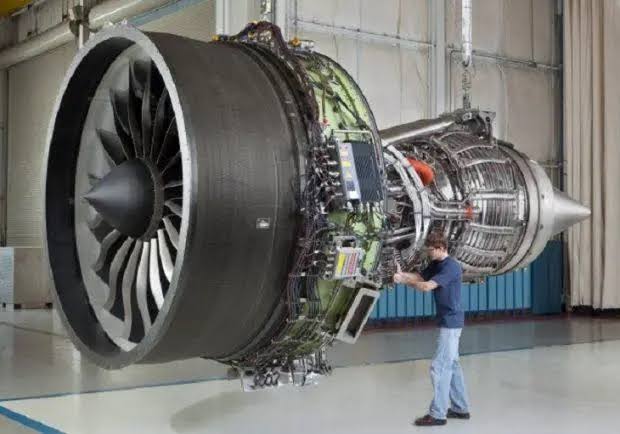GE – HAL deal will transfer only 80% of its engine technology to India

Once upon a time USA had denied the sale of Cray, an advanced Computer to India, within three years the PARAM Computers had surprised the Americans totally. Similarly the USA had tried its utmost to deny Cryogenic engine technology to India. The Nambi Narayan episode still remains a mystery, as to who actually were the initiates of the event which followed. Today ISRO launches satellites for many countries.
Having become a bit wiser, this time USA administration agreed to clear the sale of GE 414 jet engines to India with still around only 80 % transfer of technology. This has probably been done, fearing stiff competition from Russia and France. Even Rolls Royce of UK is in the fray for joint development of engines with India.
American defence major GE Aerospace will transfer 80 per cent of the technology to India for production of F414 fighter jet engines under its deal with the Hindustan Aeronautics Limited. A Memorandum of Understanding (MoU) has been inked with the Hindustan Aeronautics Limited (HAL) on Thursday to jointly produce fighter jet engines for Tejas Mk2 fighter jets.
So now eighty per cent of the engine will be made in India, except for a few small but highly critical components. Within three years, HAL should be rolling out the first of the F414 engines. India is quite comfortable with access to some cutting-edge technologies. As this will help speed up the development of own Kaveri engine which is on the verge of a breakthrough.
India had been getting important desired technologies from Russia and France till now, but the GE-HAL deal is going to provide a bit more, all of course on payment.
The deal shows that to take on China, USA badly requires India’s support. This is reflected in the way it received the bipartisan support, in the US Senate and the Congress. This also showed that the US trusts our IPR regime and that such technology would not fall in wrong hands.
Asked about the number of jet engines under the deal, the official said the IAF has not yet indicated the exact numbers, but it could be a little over 100, adding that the cost is not discussed yet.
Among the present critical defence technologies in general are — nuclear tech, jet tech, submarine tech, aircraft carrier tech, and ballistic missiles tech. We are now at the forefront of some of these by the hard work of our scientists but need some help for early fructification of a 110 kN jet engine. Otherwise there will be some delay which will affect our timeline for fighter development.
For the aircraft engine tech, some more of funding, encouragement, experiments and risk taking are reuired.
Some of the critical technologies to which India will get access are special coatings for corrosion, machining and coating for single crystal for turbine blades, machining and coating of nozzle guide vanes, blisk machining, machining of powder metallurgy discs, machining of thin walled titanium casing, laser drilling technology for combustor, said a official. Benefits of manufacturing this GE-F414 engine in India will also include less turnaround time for maintenance, repair and overhaul, of our Tejas Mk2 jets.




